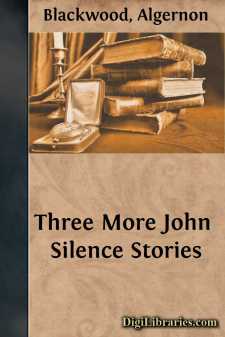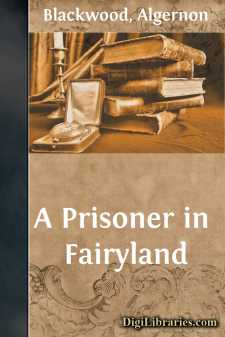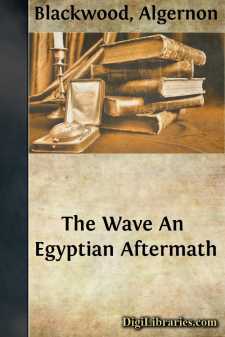Categories
- Antiques & Collectibles 13
- Architecture 36
- Art 48
- Bibles 22
- Biography & Autobiography 813
- Body, Mind & Spirit 142
- Business & Economics 28
- Children's Books 17
- Children's Fiction 14
- Computers 4
- Cooking 94
- Crafts & Hobbies 4
- Drama 346
- Education 46
- Family & Relationships 57
- Fiction 11829
- Games 19
- Gardening 17
- Health & Fitness 34
- History 1377
- House & Home 1
- Humor 147
- Juvenile Fiction 1873
- Juvenile Nonfiction 202
- Language Arts & Disciplines 88
- Law 16
- Literary Collections 686
- Literary Criticism 179
- Mathematics 13
- Medical 41
- Music 40
- Nature 179
- Non-Classifiable 1768
- Performing Arts 7
- Periodicals 1453
- Philosophy 64
- Photography 2
- Poetry 896
- Political Science 203
- Psychology 42
- Reference 154
- Religion 513
- Science 126
- Self-Help 84
- Social Science 81
- Sports & Recreation 34
- Study Aids 3
- Technology & Engineering 59
- Transportation 23
- Travel 463
- True Crime 29
Jimbo A Fantasy
Description:
Excerpt
"RABBITS"
Jimbo's governess ought to have known better—but she didn't. If she had, Jimbo would never have met with the adventures that subsequently came to him. Thus, in a roundabout sort of way, the child ought to have been thankful to the governess; and perhaps, in a roundabout sort of way, he was. But that comes at the far end of the story, and is doubtful at best; and in the meanwhile the child had gone through his suffering, and the governess had in some measure expiated her fault; so that at this stage it is only necessary to note that the whole business began because the Empty House happened to be really an Empty House—not the one Jimbo's family lived in, but another of which more will be known in due course.
Jimbo's father was a retired Colonel, who had married late in life, and now lived all the year round in the country; and Jimbo was the youngest child but one. The Colonel, lean in body as he was sincere in mind, an excellent soldier but a poor diplomatist, loved dogs, horses, guns and riding-whips. He also really understood them. His neighbours, had they been asked, would have called him hard-headed, and so far as a soft-hearted man may deserve the title, he probably was. He rode two horses a day to hounds with the best of them, and the stiffer the country the better he liked it. Besides his guns, dogs and horses, he was also very fond of his children. It was his hobby that he understood them far better than his wife did, or than any one else did, for that matter. The proper evolution of their differing temperaments had no difficulties for him. The delicate problems of child-nature, which defy solution by nine parents out of ten, ceased to exist the moment he spread out his muscular hand in a favourite omnipotent gesture and uttered some extraordinarily foolish generality in that thunderous, good-natured voice of his. The difficulty for himself vanished when he ended up with the words, "Leave that to me, my dear; believe me, I know best!" But for all else concerned, and especially for the child under discussion, this was when the difficulty really began.
Since, however, the Colonel, after this chapter, mounts his best hunter and disappears over a high hedge into space so far as our story is concerned, any further delineation of his wholesome but very ordinary type is unnecessary.
One winter's evening, not very long after Christmas, the Colonel made a discovery. It alarmed him a little; for it suggested to his cocksure mind that he did not understand all his children as comprehensively as he imagined.
Between five o'clock tea and dinner—that magic hour when lessons were over and the big house was full of shadows and mystery—there came a timid knock at the study door.
"Come in," growled the soldier in his deepest voice, and a little girl's face, wreathed in tumbling brown hair, poked itself hesitatingly through the opening.
The Colonel did not like being disturbed at this hour, and everybody in the house knew it; but the spell of Christmas holidays was still somehow in the air, and the customary order was not yet fully re-established....












